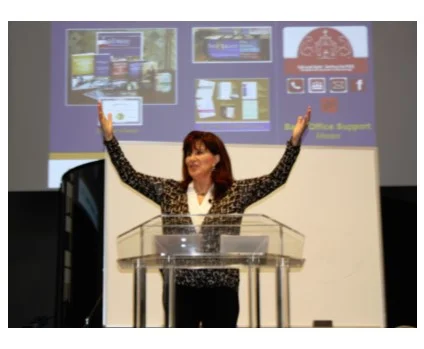Living A Life With Moral Courage
/Never before in history was one human being so universally acknowledged in his lifetime as the embodiment of magnanimity and reconciliation as Nelson Mandela was.
He set aside the bitterness of enduring 27 years in apartheid prisons — and the weight of centuries of colonial division, subjugation and repression — to personify the spirit and practice of ubuntu. He perfectly understood that people are dependent on other people in order for individuals and society to prosper.
That was his dream for South Africa, and the hope that he represented the world over. If it was possible in South Africa, it was possible in Ireland, it was possible in Bosnia and Rwanda, it was possible in Colombia, it is possible in Israel and Palestine.
Of course, in the spirit of ubuntu, Madiba was quick to point out that he alone could not take credit for the many accolades that came his way; that he was surrounded by people of integrity who were brighter and more youthful than himself.
That is only partially true.
The truth is that the 27 years Madiba spent in the belly of the apartheid beast deepened his compassion and capacity to empathize with others. On top of the lessons about leadership and culture to which he was exposed growing up, and his developing a voice for young people in anti-apartheid politics, prison seemed to add an understanding of the human condition.
Like a most precious diamond honed deep beneath the surface of the earth, the Madiba who emerged from prison in January 1990 was virtually flawless.
Instead of calling for his pound of flesh, he proclaimed the message of forgiveness and reconciliation, inspiring others by his example to extraordinary acts of nobility of spirit.









